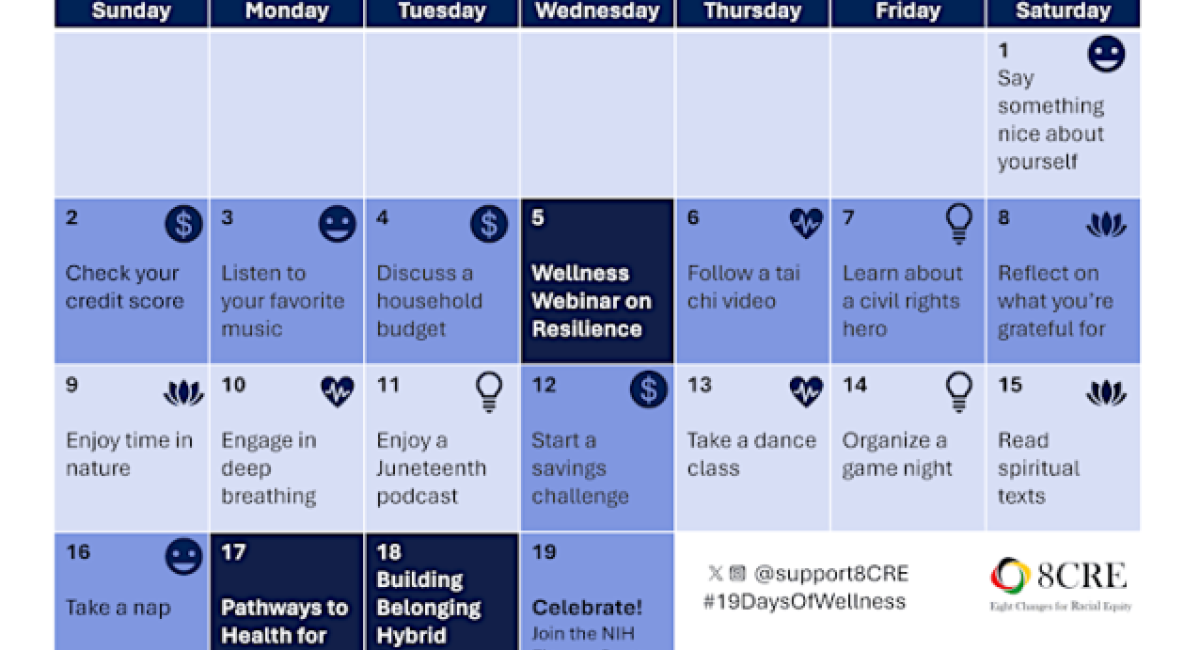Sometimes job seekers forget that they should be interviewing a future boss as much as they are being interviewed. Make sure you prepare questions that will help you assess management style and cultural fit. Pay attention to any red flags you see or feel during your interview as well. Here are some questions to ask your next boss:
What have you learned about yourself, or your leadership style based on feedback you’ve received from members of your team?




